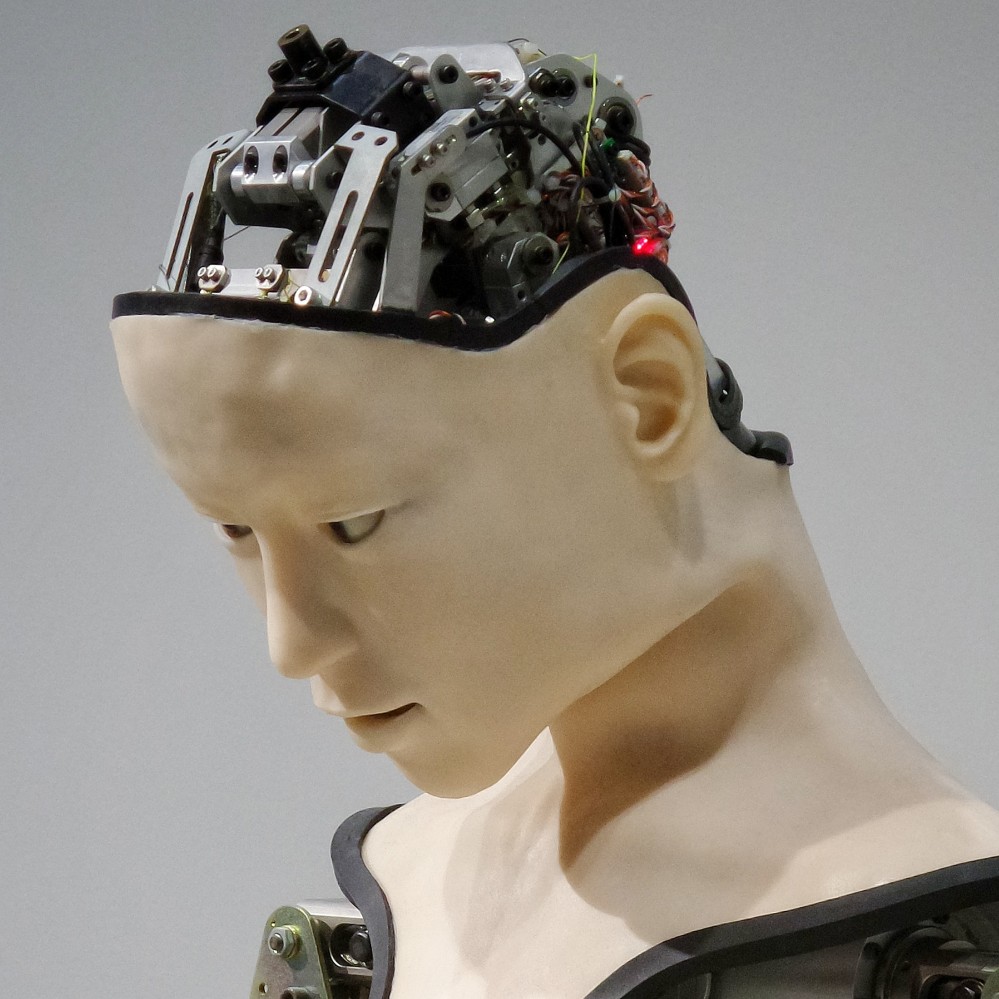Published:
Artificial Intelligence (AI) is a rapidly growing field revolutionizing businesses’ operations. From automating repetitive tasks to predicting customer behavior, AI transforms how companies do business.
Artificial Intelligence (AI) is bringing a multitude of benefits to businesses. First and foremost, AI can improve efficiency by automating routine tasks and freeing employees to focus on more complex tasks requiring human intelligence. This leads to improved productivity and can save businesses money on labor costs. Additionally, AI can help companies optimize their supply chain and reduce waste, reducing costs. Predictive analytics is another area where AI excels, allowing businesses to analyze data to predict trends and behaviors and make proactive decisions. AI can also improve decision-making by analyzing vast amounts of data and providing insights that humans may be unable to see.
AI can improve the customer experience by providing customers with 24/7 support through chatbots and virtual assistants, personalizing marketing, and providing more relevant customer recommendations. Fraud detection is also a significant benefit of AI algorithms. For example, JPMorgan Chase uses machine learning algorithms to analyze millions of transactions and identify patterns that may indicate fraudulent activity. The system can flag suspicious transactions in real time, which allows the bank to investigate and prevent potential fraud quickly.
While AI is being used by businesses worldwide, there are some notable differences in how it is implemented internationally. China is a leader in AI research and development, with companies like Baidu, Alibaba, and Tencent investing heavily in the technology. Baidu, for example, has established research institutes dedicated to AI in China and the United States. In contrast, Alibaba has found a research institute in the United States and has partnered with universities to develop AI-related courses and programs. Chinese companies use AI for various applications, including facial recognition, autonomous vehicles, and predictive maintenance.
The United States is home to many leading AI companies, including Google, Amazon, and Microsoft. American companies use AI in various industries, including healthcare, finance, and transportation. Companies like Waymo, Tesla, and Uber are developing autonomous vehicles that use machine-learning algorithms to navigate roads and highways without human intervention. While most are still in the testing phase, autonomous cars have the potential to revolutionize the transportation industry by reducing accidents, traffic congestion, and emissions.
European companies are focusing on using AI to improve sustainability and reduce carbon emissions. AI optimizes energy usage, predicts and prevents equipment failures, and improves waste management. The Danish energy company Ørsted has been using AI to optimize the performance of its wind farms and reduce the environmental impact of its operations. Ørsted's AI-powered optimization platform, called WindMind, uses machine learning algorithms to analyze data from sensors installed on wind turbines and make real-time adjustments to optimize their performance. This helps the company generate more clean energy from its wind farms, while also reducing the wear and tear on the turbines and minimizing the risk of malfunctions or breakdowns.
Japan is using AI to address the challenges of an aging population, including healthcare and eldercare. AI-powered robots are developed to assist with tasks like lifting patients and helping with daily activities. The Japanese company Cyberdyne has developed a robot called “HAL” (Hybrid Assistive Limb) to assist elderly patients with mobility issues. HAL is a wearable exoskeleton that uses sensors to detect the user’s movements and provides support to help them walk or stand. Another example is using AI-powered communication devices to improve social interaction and reduce isolation among elderly citizens. For instance, the Japanese company Fujitsu has developed an " Ontenna " device that uses AI to convert sound into vibrations that can be felt on the skin. The device can help elderly citizens with difficulty hearing understand speech and engage in conversations with others.
AI is transforming how businesses operate, with companies using the technology for everything from customer service to supply chain management. While AI is being used globally, there are notable differences in how it is implemented. From Japan’s focus on healthcare to Europe’s emphasis on sustainability, businesses worldwide use AI to address their unique challenges and opportunities.
File under






